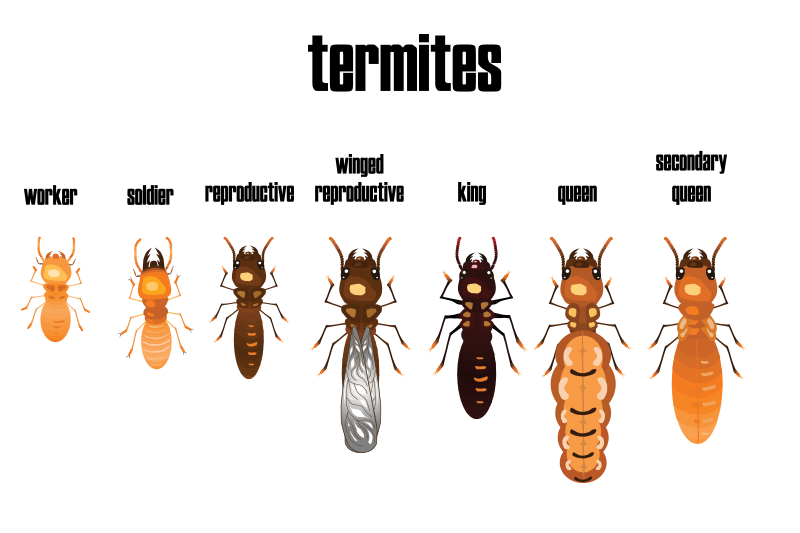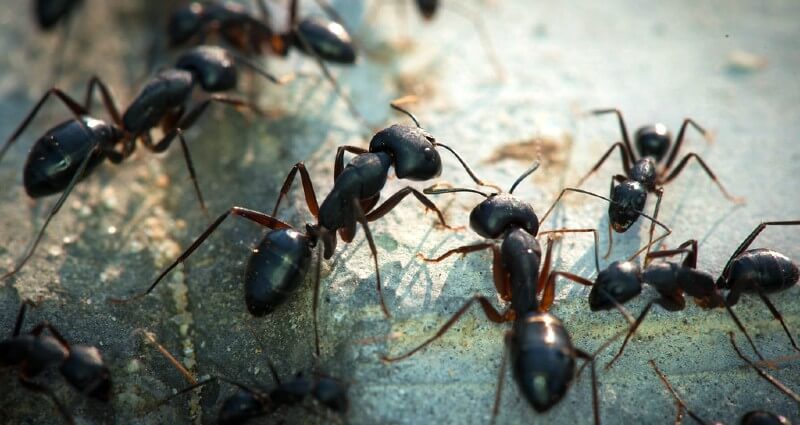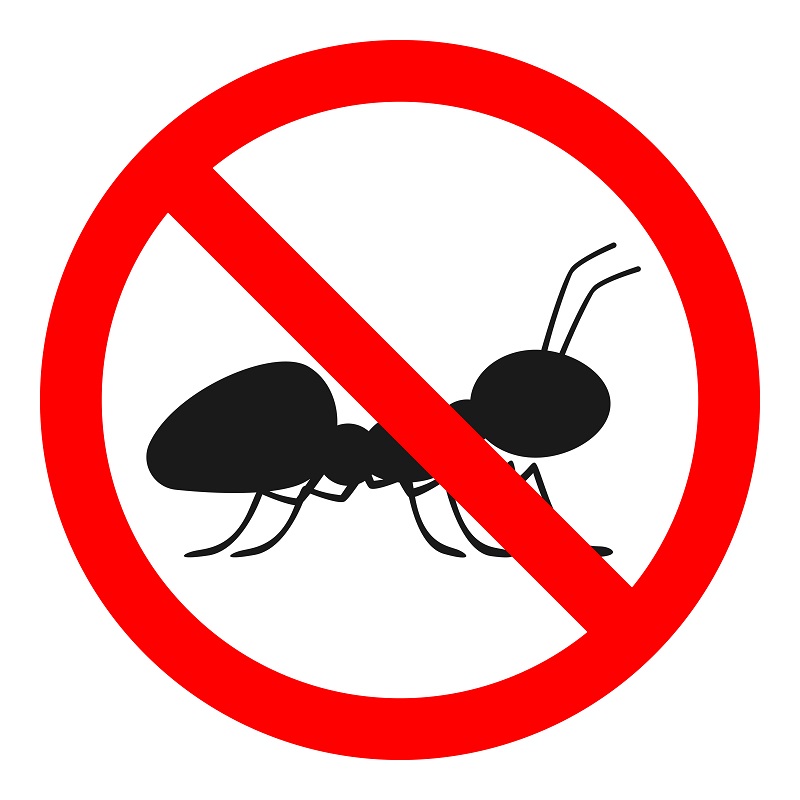Expert Ant Control Services: Customized Treatments for Lasting Results
Expert Ant Control Services: Customized Treatments for Lasting Results
Blog Article
Ecological Influence of Parasite Control: Harmonizing Efficiency With Sustainability
The environmental influence of pest control is a crucial concern that calls for a delicate balance between attaining efficiency in making certain and managing bugs sustainability of our communities. From the usage of unsafe chemicals that seep into our soil and water to the unplanned consequences on non-target varieties, the effects of conventional pest control practices are significant.
Unsafe Chemicals in Parasite Control
The usage of hazardous chemicals in insect control postures substantial ecological and wellness threats that call for cautious factor to consider and reduction strategies. Chemicals, insecticides, and herbicides are commonly made use of to get rid of parasites, yet their prevalent application can bring about unplanned effects. These chemicals can pollute soil, water sources, and the air, influencing not just the targeted bugs however also advantageous pests, wild animals, and human beings.

To resolve these threats, incorporated parasite monitoring (IPM) strategies are being advertised as a much more sustainable option. IPM includes a combination of methods such as biological control, environment adjustment, and the targeted use of pesticides as a last option (ant control lexington nc). By adopting a holistic approach to pest control, we can decrease the ecological and wellness impacts connected with hazardous chemicals while properly managing pest populaces
Influence On Non-Target Types
Thinking about the unintentional consequences of parasite control techniques, the effect on non-target varieties is an important aspect that needs detailed examination. While insect control actions aim to target details insects, other microorganisms in the environment might be unintentionally influenced. Non-target varieties, including beneficial bugs, birds, creatures, and even plants, can endure direct or indirect harm from chemical applications or biological control techniques.
Insecticides created to fight a specific bug pest may harm pollinators like bees or natural predators such as ladybugs. Biological control representatives, if not species-specific, can posture threats to unplanned targets, disrupting the ecological equilibrium.
To mitigate the effect on non-target types, integrated insect administration (IPM) methods that highlight an all natural approach to pest control are recommended. These approaches focus on making use of ecologically friendly methods, decreasing injury to helpful organisms while properly handling pest populations. Carrying out thorough danger assessments and this website monitoring the end results of bug control initiatives are necessary action in protecting non-target species and advertising general ecological community wellness.
Dirt and Water Contamination
Unintended environmental repercussions of parasite control techniques expand past impacting non-target types, with substantial implications for dirt and water contamination - ant control services. Chemicals, herbicides, and chemical plant foods made use of in pest control can leach into the dirt and contaminate groundwater, positioning a danger to both aquatic and earthbound communities.
Water contamination is an additional critical issue associated with pest control techniques. To minimize soil and water contamination from pest control activities, integrated parasite monitoring methods that prioritize sustainability and reduce chemical inputs are essential.
Air Pollution From Pesticide Usage
Exposure to air-borne pesticides during farming applications positions a significant problem for air contamination control actions. Additionally, chemical drift, where chemicals are brought by the wind to unplanned areas, can lead to the contamination of neighboring communities and water bodies.

Approaches for Sustainable Pest Control
In the realm of farming techniques, executing lasting parasite control strategies is critical for preserving environmental equilibrium and guarding plant returns. Lasting parasite control emphasizes making use of eco-friendly approaches to take care of parasite populaces properly while minimizing harm to non-target organisms and ecological communities. Integrated Parasite Monitoring (IPM) is an extensively taken on strategy that incorporates organic, social, physical, and chemical control methods to achieve long-term pest management options.
Crop turning and diversification are additionally effective techniques to interrupt pest life cycles and produce much less beneficial conditions for insects to thrive. Inevitably, by integrating these lasting insect control approaches, farmers can accomplish an equilibrium in between pest administration performance and environmental stewardship.
Final Thought
To conclude, the environmental influence of pest control techniques have to be very carefully considered to balance performance with sustainability. Damaging chemicals made use of in insect control can cause soil and water contamination, air pollution, and damage non-target varieties - ant control. It is vital to implement sustainable bug control approaches to minimize these unfavorable impacts on the setting and advertise a much healthier ecosystem for future generations
By adopting an alternative technique to pest control, we can decrease the ecological and wellness impacts associated with damaging chemicals while successfully taking care of pest populaces.

To reduce the air contamination caused by chemical use, it is necessary to adopt integrated bug monitoring techniques that focus on the use of non-chemical bug control methods, such as crop turning, all-natural predators, and resistant plant varieties. Sustainable bug control stresses the use of ecologically pleasant techniques to take care of insect populaces effectively while lessening injury to non-target microorganisms and communities. Integrated Parasite Management (IPM) is a commonly taken on approach that incorporates organic, social, physical, and chemical control approaches to attain long-lasting insect monitoring services.
Report this page